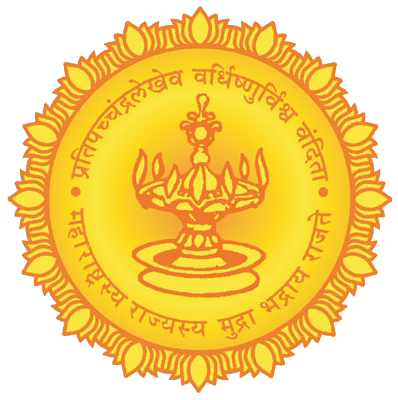Website Content Contribution, Moderation & Approval Policy (CMAP)
Website Content Contribution, Moderation & Approval Policy (CMAP)
Content needs to be contributed by the authorized Content Owner – the respective deputy directorsfrom various wings of DVET in a consistent fashion to maintain uniformity and to bring in standardization along with associated metadata and keywords.
The content on the portal goes through the entire life-cycle process, which consists of
- Creation
- Modification
- Approval
- Moderation
- Publishing
- Expiry
- Archival
Once the content is contributed it needs to be approved and moderated prior to being published on the Website. The moderation could be multilevel and is role based. If the content is rejected at any level then it is reverted back to the originator of the content for modification.
Different Content Element is categorized as
- Routine – activities that are done as normal
- Priority – activities that are done as urgent
- Express – activities that are done as most urgent
| S.No | Content of Element | Type of Content | Moderator/Reviewer | ||
|---|---|---|---|---|---|
| Routine | Priority | Express | |||
| 1 | Institute data | Y | Institute head, Deputy Director, Joint Director | ||
| 2 | Scheme Data | Y | Deputy Director, Joint Director, Director | ||
| 3 | Documents/Contents | Y | Y | Y | Deputy Director, Joint Director, Director |
Content Review Policy (CRP)
DVET website is an important tool for disseminating the information to the masses being served by the Directorate. It is therefore required to keep the content on the Website current and up-to-date and hence there is a need for the Content Review Policy. Since the scope of the content is huge, different Review Policies are defined for the diverse content elements.
The Review Policy is based on different type of content elements, its validity and relevance as well as the archival policy. The matrix below gives the Content Review Policy:
| S.No | Content of Element | Basis of Content Classification | Frequency of Review | Reviewer | Approver | ||
|---|---|---|---|---|---|---|---|
| Event | Time | Policy | |||||
| 1 | About the Directorate and its departments | Y | – | Y | Half Yearly Immediate – for new Department Created | Web Information Manager/Section Head | Joint/Deputy Director(e-Gov) |
| 2 | Programmes/Schemes | Y | Y | Y | Half Yearly. Immediate – for new Department Created | Web Information Manager/Section Head | Joint/Deputy Director(e-Gov) |
| 3 | Policies | Y | Immediate | Deputy Director/ Joint/Dy.Director | Director | ||
| 4 | Acts/Rules | Y | Immediate | Deputy Director | Joint/Deputy Director(e-Gov) | ||
| 5 | Circular/Notifications | Y | Immediate | Deputy Director | Joint/Deputy Director(e-Gov) | ||
| 6 | Documents/Publications/Reports | Y | Immediate | Deputy Director | Joint/Deputy Director(e-Gov) | ||
| 7 | Directories/Contact Details(Institutes) | Y | Immediate | Web Information Manager | Joint/Deputy Director(e-Gov) | ||
| 8 | What’s New | Y | Immediate | Web Information Manager | Joint/Deputy Director(e-Gov) | ||
| 9 | Tender Publishing | Y | Immediate | Deputy Director of the relevant department | Director | ||
| 10 | Highlights | Y | Immediate | Web Information Manager | Joint/Deputy Director(e-Gov) | ||
| 11 | Banners | Y | Immediate | Web Information Manager | Joint/Deputy Director(e-Gov) | ||
| 12 | Photo Gallery | Y | Immediate | Web Information Manager | Joint/Deputy Director(e-Gov) | ||
| 13 | Group wise contents | Y | Immediate | Web Information Manager | Joint/Deputy Director(e-Gov) | ||
Content Archival Policy (CAP)
Content Archival Mechanism is in place to ensure that all outdated website URLs are removed from the website and moved to archive. Programmes and Schemes which are discontinued should be archived. The content elements on the directory has different Entry/Exit Policy and Archival Policy as enlisted below
| S.No | Content of Element | Entry Policy | Exit Policy |
|---|---|---|---|
| 1 | Institute data | Active institutes | Inactive/ Exit of Institute |
| 2 | Schemes | Proposal approved date / Start Date | End Date + 3 months |
| 3 | Documents | Approved for Public | Validity date of Document + 7 days. |
| 4 | Links | Active and Relevant | Periodic review indicating “Page not found”, irrelevance |






